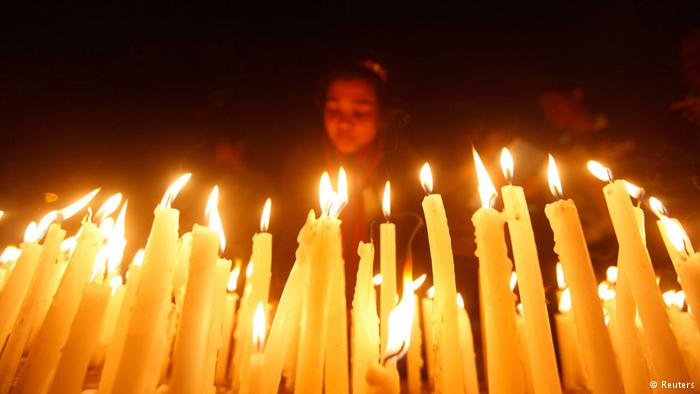The ‘anniversary’ of the Shakti Mills rape has come and gone. Three of the five accused have been sentenced to death and the media jamboree has moved on. In search of another story. Another survivor who must be identified and paraded before a hungry audience while the convicts are taken to whatever hell they have been consigned to with their faces covered.
**
Their lives are of no interest to us. But who was the victim/survivor? How old? With whom? What is her story? What is at the root of this curiosity that the best of newspapers and journalists cannot resist taking apart the dignity of someone who has been violated before?
**
Be it the Tehelka imbroglio or the Shakti Mills case or the recent one in Bangalore’s Frazer Town, it is a losing battle for the young women in question and those rallying around them, to protect themselves from media scrutiny of the worst kind.
**
A righteous media voice even asked last year, why should the faces and lives of the survivors be hidden when they did no wrong? Well, because, there has to be a distinction between the rapists who did not ask the women their permission before violating them and members of the media who think nothing of revealing sensitive information, offering titillating details under the garb of crime reportage.
**
A recent article written by an associate of the Shakti Mills survivor revealed how many times reporters, press photographers and even senior editors violated media protocol and even standards of basic decency in their hurry to break the story, to get the quote, the detail, the picture that others had not yet got their grubby fingers on.
**
A rapist cannot be expected to adhere to any self-questioning but us? We, who write and chase stories everyday? When and how did our dehumanisation begin? When did the story become more important than a human-being? When did a deadline become more important than life? When did a tragedy become just another hashtag, a byline, a headline? When did the watchdogs became predators? Maybe, we need to look inwards for some answers before we ask every one around us to be accountable.
**
Reema Moudgil works for The New Indian Express, Bangalore, is the author of Perfect Eight, the editor of Chicken Soup for the Soul-Indian Women, an artist, a former RJ and a mother. She dreams of a cottage of her own that opens to a garden and where she can write more books, paint, listen to music and just be.







 with
with